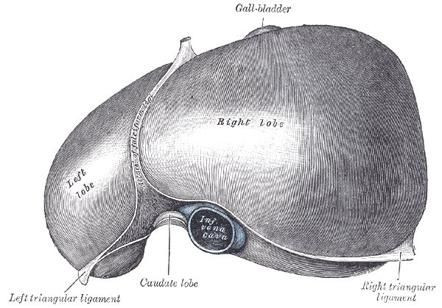A Transplant First: Liver Kept Alive Outside Body

Liver transplants are necessary when there is severe damage to the organ that detoxifies much of the chemicals a person produces and consumes. Liver damage can occur from accidents, chronic alcoholism or can occur spontaneously with no reason. Although the liver has amazing regeneration abilities, there is currently no method other than transplant to treat liver failure.
A new device being developed at Oxford University keeps the liver alive instead of the usual procedure of keeping it "on ice" when it is outside the body. The device was successfully used in a procedure at King's College Hospital.
There have already been two successful transplants using the device.
The machine works by keeping the liver at body temperature and maintains a constant flow of blood and oxygen through the organ by using red blood cells matched to the donors blood type.
"The machine recreates an environment which is similar to the human body - in effect the organ never knows it's left the body," Constantin Coussios, professor at Oxford University's Department of Engineering Science and one of the device's inventors -- alongside Peter Friend, director of the Oxford Transplant Centre -- told Wired.co.uk.
Currently there is a high rate of liver rejection because the livers become damaged and while outside the body they are deprived of oxygen and others contain too much fat and do not survive the cooling process. Cooling the organ to close to freezing conditions slows down the metabolism of the cells in the organ and has been the only method of keeping the liver viable outside of the body for extended periods of time.
The researchers say that the new device could keep a liver alive between donor and recipient for close to 24 hours, making it easy to transport long distances if needed. The typical cold preservation technique only allows the liver to last 10-12 hours.
In the UK there are currently 700 people waiting for livers and 100 people die yearly waiting for a match.
The university has set up a company to produce and market the machines called OrganOx.
Published by Medicaldaily.com



























